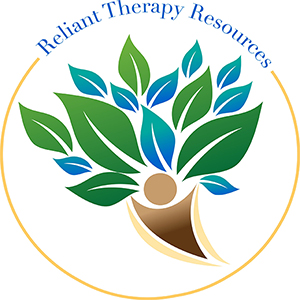What is Therapeutic Recreation?

Understanding Therapeutic Recreation: A Guide to Healing Through Leisure
In today’s fast-paced world, the importance of leisure, relaxation, and recreation cannot be overstated. For many, these moments offer not only a break from daily stresses but also a chance to rejuvenate, connect with others, and find joy. However, for individuals facing physical, emotional, or cognitive challenges, the concept of recreation takes on an even deeper significance. Enter therapeutic recreation—a specialized form of treatment that harnesses the power of recreation to enhance health, well-being, and quality of life.
What is Therapeutic Recreation?
Therapeutic recreation (TR) is a systematic process that utilizes recreation and other activity-based interventions to address the unique needs of individuals with illnesses and/or disabling conditions. It aims to improve or maintain physical, cognitive, social, emotional, and spiritual functioning to facilitate full participation in life.
The Role of the Therapeutic Recreation Specialist
Central to the field of therapeutic recreation is the therapeutic recreation specialist (TRS). These professionals are trained to assess individuals’ needs, develop tailored intervention plans, and implement therapeutic activities. Whether it’s through sports, arts and crafts, music, or outdoor adventures, TRSs create opportunities for individuals to achieve their therapeutic goals while engaging in meaningful leisure experiences.
Benefits of Therapeutic Recreation
- Physical Rehabilitation: Activities like adapted sports or aquatic therapy can help individuals improve motor skills, strength, and endurance.
- Cognitive Enhancement: Games, puzzles, and memory exercises can sharpen cognitive abilities and promote brain health.
- Emotional Well-being: Group activities and therapeutic discussions provide a safe space for individuals to express feelings, build self-esteem, and develop coping strategies.
- Social Connection: Through group outings, community events, and team-building exercises, individuals can foster meaningful relationships, combat feelings of isolation, and enhance social skills.
- Quality of Life: Ultimately, therapeutic recreation aims to enhance the overall quality of life by promoting independence, fostering a sense of accomplishment, and encouraging a positive outlook on life.
Applications Across Settings
Therapeutic recreation finds its place in a variety of settings, including:
- Hospitals and Rehabilitation Centers: Helping patients recover from injuries or surgeries.
- Mental Health Facilities: Supporting individuals with mental health disorders in their healing journey.
- Nursing Homes and Senior Centers: Enhancing the lives of older adults by promoting social engagement and cognitive stimulation.
- Community Programs: Offering inclusive recreational opportunities for individuals of all abilities.
Conclusion
In a world that often emphasizes productivity and achievement, the power of leisure and recreation as therapeutic tools is both profound and transformative. Therapeutic recreation stands as a testament to the healing potential of meaningful engagement, emphasizing not just the treatment of symptoms but the holistic well-being of the individual. As we continue to recognize the interconnectedness of mind, body, and spirit, the role of therapeutic recreation in promoting health and happiness remains more relevant and essential than ever. Whether you’re a healthcare professional, a caregiver, or someone seeking to enhance your well-being, understanding and embracing the principles of therapeutic recreation can be a step toward a more fulfilling and balanced life.

